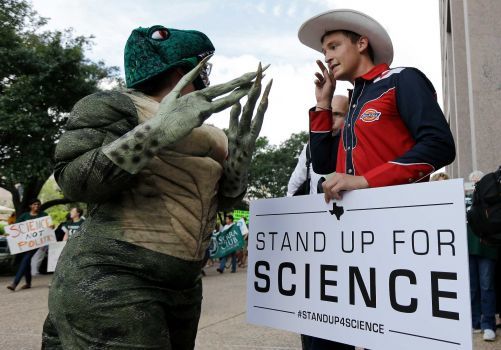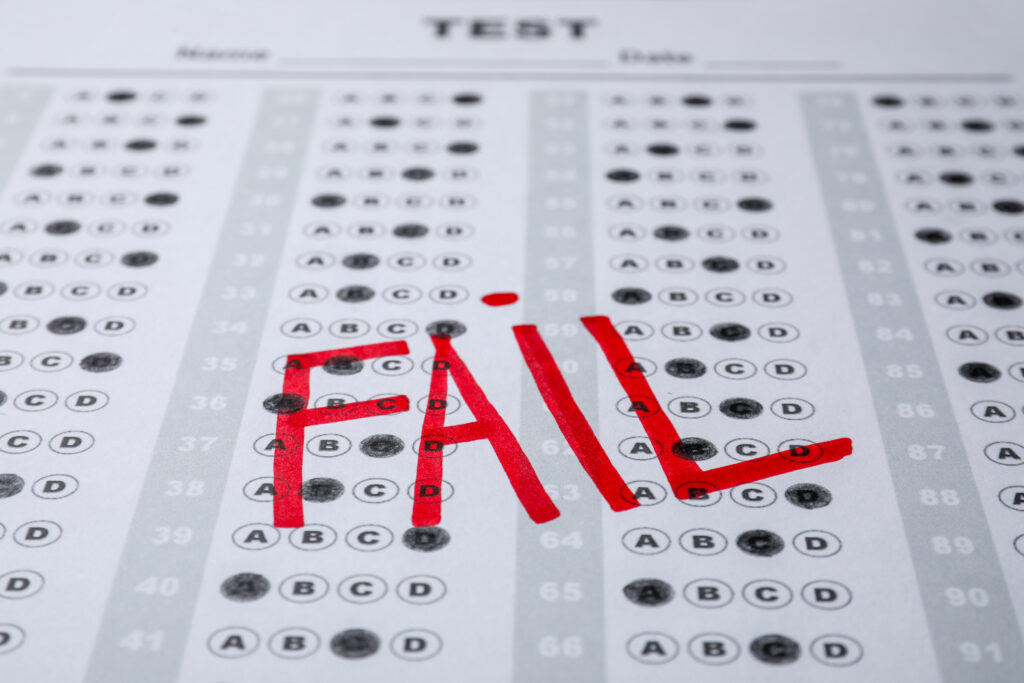Would you want the textbooks at your child’s school to teach your kids the Soviet Union still exists and is the greatest danger your child will face in their lifetime? Would you want the computers at your child’s school to use dial-up internet or run on Windows 98? Of course not, because these resources are out of date, and parents want their kids to get the best education possible.
To ensure the quality of the education provided to students, the Texas State Board of Education has begun the process of updating its textbooks to reflect the latest information and advancements in history and science, because part of giving kids the best education possible means giving them access to the best resources available.
We no longer teach kids about the current status of the Berlin Wall, so why would we teach our kids about climate change by using climate models and textbooks that are similarly out-of-date and out-of-touch with reality?
Many people don’t know mean global temperatures have not risen significantly for the last 17 years, meaning no significant global warming has occurred since you first bought Windows 98. Some peer-reviewed, scientific studies suggest the current time period with no global warming has been as long as 20 years. The scientific analysis and climate models that predicted drastic global warming over this period were simply wrong, so it makes sense to reexamine the issue in light of new evidence and teach our children accordingly.
This common sense approach to science and education has somehow managed to ruffle the feathers of left-leaning special-interest groups who want to protect the status quo. These groups repeat the tired and thoroughly debunked claims that 97 percent of climate scientists believe climate change is real, man-made, and dangerous.
But citing cherry-picked survey data and flawed studies does not help children understand the science of the climate, nor does using climate models that have been so inaccurate in predicting the temperatures for past two decades. The reason these models are such poor predictors of global temperatures is they assume we have complete knowledge of the climate system, or at least enough to predict the future accurately. But as we’ve seen, that isn’t true.
Assuming we have complete knowledge of the global climate system is like assuming we know everything there is to know about the creatures in the oceans or the ecosystems of the rainforests. We just don’t have all that information. Scientists are constantly discovering new species of animals we never knew existed, such as the Yin-Yang Frog from Vietnam and the subterranean blind fish, which lives in an underground river that runs for 4.3 miles through limestone caves.
Arguing the claim of “scientific consensus” is problematic, too, because scientists don’t always know what they think they know. For example, scientists have rediscovered several species of animals they had long considered extinct, such as the Coelacanth, a species of fish thought to have disappeared 65 million years ago, until they were rediscovered in 1938.
Another species, the Bermuda petrel, was believed to be extinct since the 1620s, but it was rediscovered in 1951, falsifying more than 331 years of “scientific consensus.” Although perhaps not as cute as the New Caledonian crested gecko, all these animals demonstrate science is never settled, and we must adjust our opinions to reflect new evidence as it becomes available. That is the scientific way.
No one is saying humans have zero effect on the climate, but there is legitimate disagreement over how much. Considering CO2 emissions have increased dramatically but temperatures have remained steady or fallen slightly in the past 20 years, it is reasonable to argue natural forces have an impact on the climate that is equal to or significantly greater than that of humans.
With the U.S. falling behind the rest of the world in science education, we should applaud, not condemn, the Texas Board of Education for trying to teach kids how to think instead of what to think – especially when the “consensus” is still running on Windows 98.
[Originally published at The Houston Chronicle]





